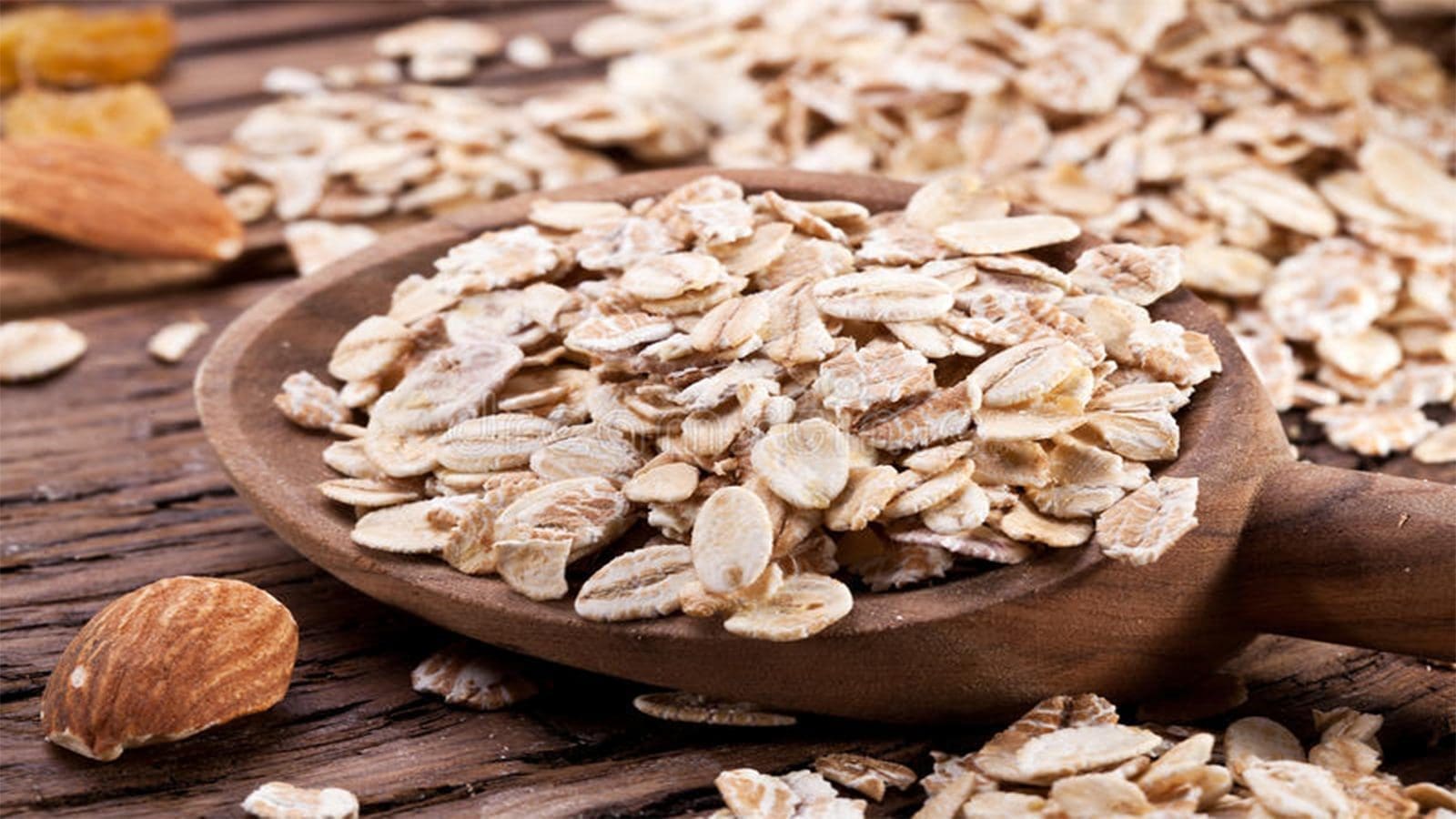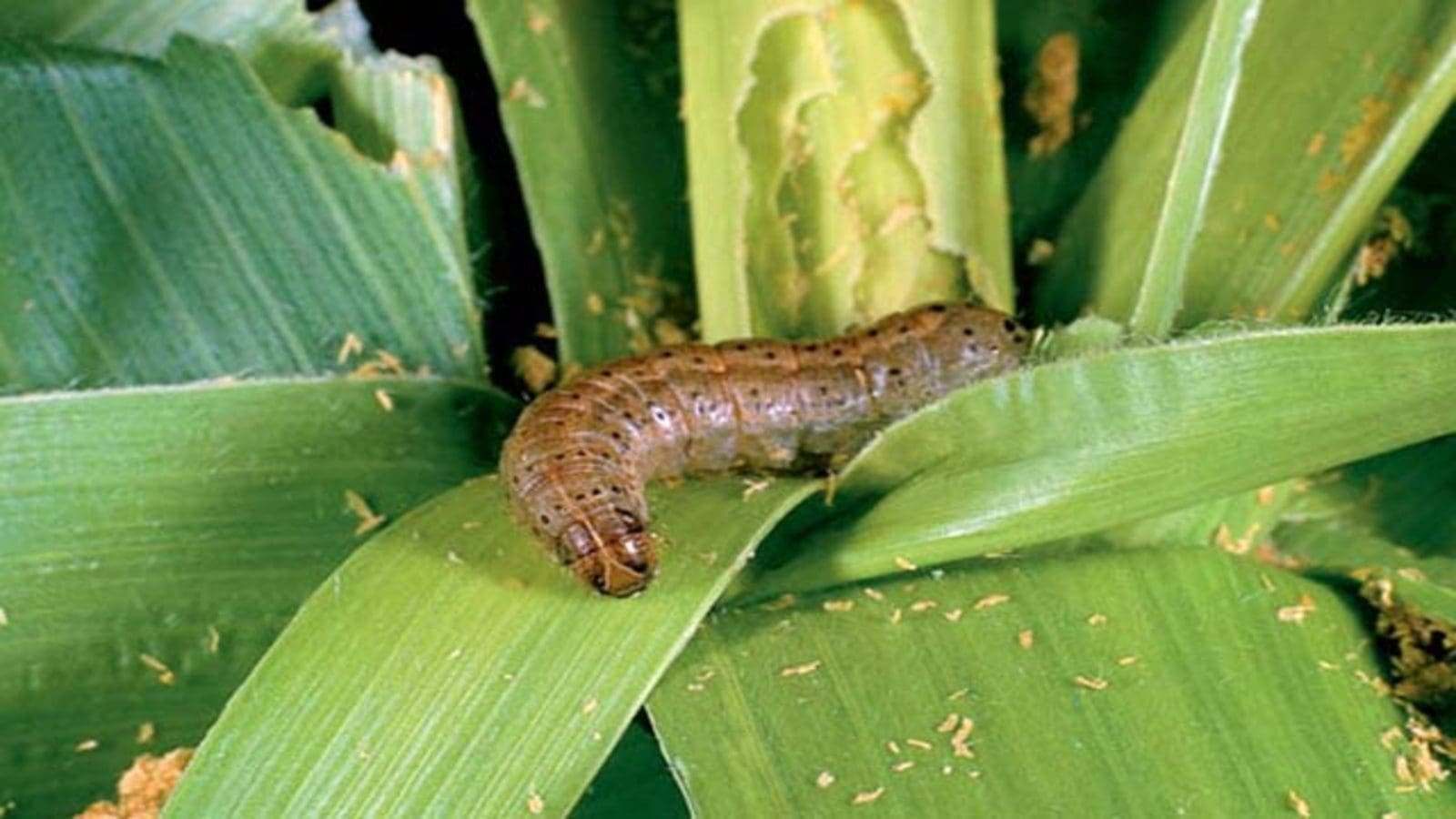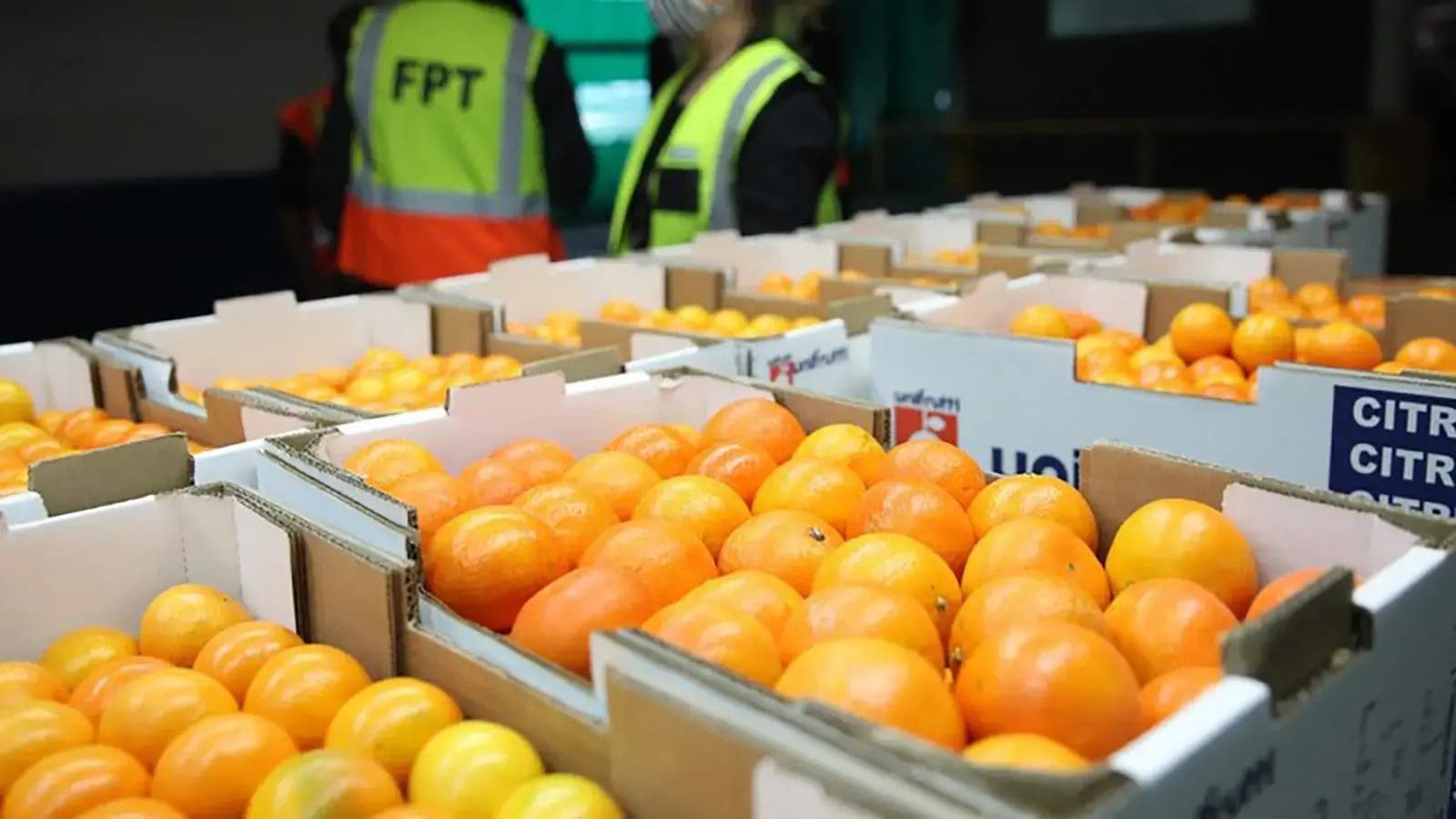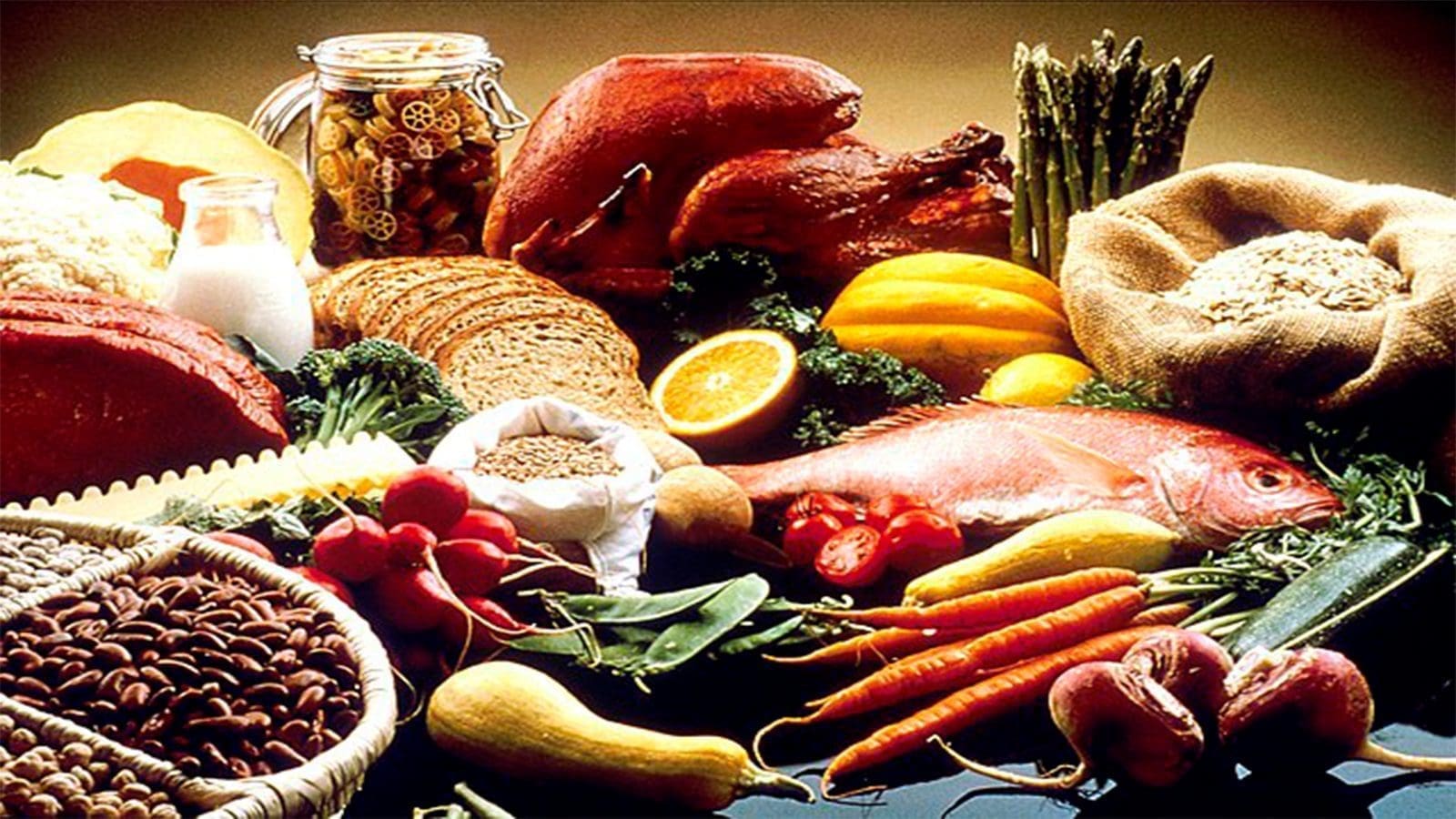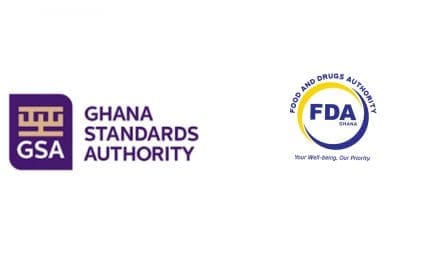U.S – The Environmental Working Group (EWG) has revealed that popular oat-based food items frequently consumed by kids may contain hazardous levels of chlormequat, an agricultural pesticide linked to adverse health impacts.
EWG hired a reputable, independent laboratory to evaluate 14 well-known granolas, cereals, and other oat-based products.
Chlormequat was discovered in all but one of the tested products. A total of eleven products had chlormequat levels greater than 30 parts per billion (ppb), the limit that the Environmental Working Group (EWG) considers to be safe for children’s health.
The 30 ppb threshold is based on prior animal research showing the harmful effects of chlormequat on health, and it translates the health-protective level from the studies to a safe level in food using usual serving sizes of oat-based foods and average kid weights.
13 conventional or non-organic oatmeal, granola, cereals, and other oat-based products, as well as one organic granola product, were tested as part of an EWG-commissioned study that was conducted in the spring and summer of 2022.
The greatest amount of chlormequat was found in Quaker’s Old Fashioned Oats at 291 ppb, followed by Quaker’s Honey Nut Oatmeal Squares, Quaker’s Maple and Brown Sugar Instant Oatmeal, Great Value Oats & Honey Granola, and Cheerios, all of which had concentrations above 100 ppb.
Research has connected the substance to a variety of mammalian health issues, such as: impeding prenatal growth, modifying how children’s brains and bones form, changing metabolism, delaying puberty development, impacting male fertility, lowering testosterone levels, and hurting the neurological system.
Chlormequat is a plant growth regulator that is used on oat and grain crops to minimize bowing, which makes harvesting challenging.
In the U.S., chlormequat is approved for agricultural commercial use on ornamental plants only, not food crops. However, imported oats might have traces of chlormequat.
In 2018, the Environmental Protection Agency (EPA) of the United States approved the presence of traces of chlormequat in American cereals such as oats, wheat, and barley.
The EPA raised the chemical’s permissible levels in oats in 2020.
Kellogg’s Special K Fruit and Yogurt was the only non-organic product that had no measurable level of chlormequat.
The lone sample of organic granola tested did not contain any chlormequat.
For all the latest food safety news from Africa and the World, subscribe to our NEWSLETTER, follow us on Twitter and LinkedIn, like us on Facebook and subscribe to our YouTube channel.


